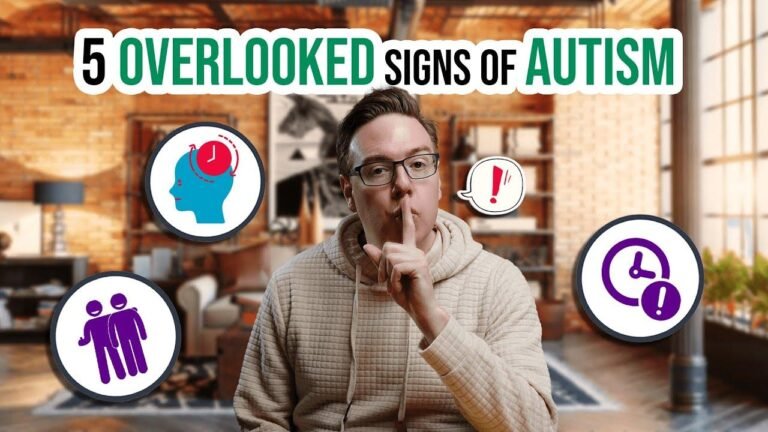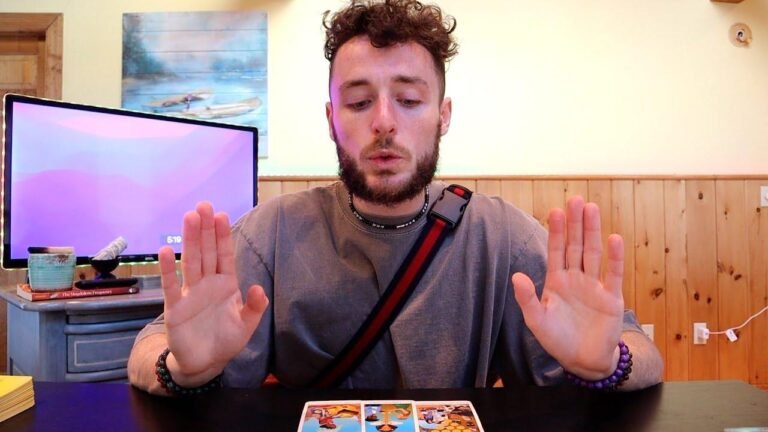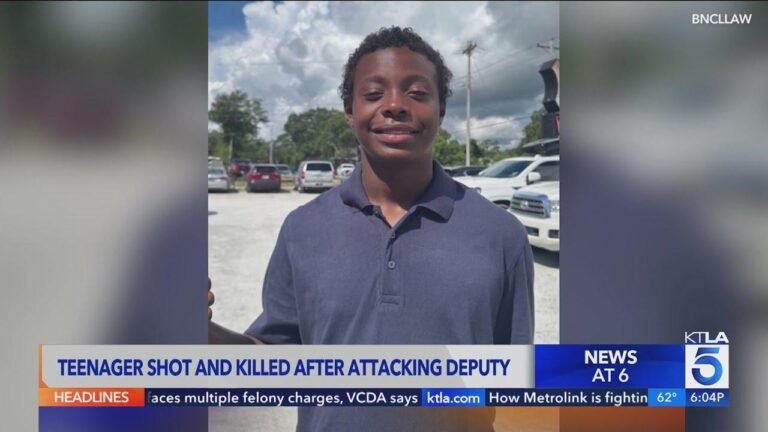Struggles in forming friendships due to autism
Autism and friendship? More like trying to solve a Rubik’s cube blindfolded in a hurricane! Making pals feels like playing a game where the rules keep changing. Society’s all, "Why no bestie?" But transitioning from small talk to BFF chats? About as easy as teaching a goldfish to fetch. Trust issues? Try reading the social tea leaves when they’re written in invisible ink. And those ‘friendships’? Often just a one-way ticket to Manipulationville. It’s like trying to dance the cha-cha in quicksand! So, yeah, making friends? Easier said than done. 🤷♂️
🤝 Autistic Struggles with Friendship
Understanding Friendship as an Autistic Individual 🧩
Navigating the realm of friendship can be challenging for individuals on the autism spectrum. The intricacies of social interactions, often taken for granted by neurotypical individuals, present unique hurdles for those with autism. Morgan, an autistic individual, shares her personal journey, shedding light on the struggles she has faced in forming and maintaining friendships.
"I’ve never had a best friend, and to be honest, I don’t think I’ve ever made a friend."
Communication Barriers and Misinterpretations 🗣️
Autistic individuals like Morgan often find it difficult to gauge social cues and decipher subtle hints in communication. The struggle lies not only in initiating conversations but also in progressing them towards deeper, more meaningful connections.
| Common Struggles with Friendship Communication |
|---|
| Difficulty transitioning casual conversation into deeper connection |
| Misinterpretation of social signals leading to misunderstandings |
| Challenges in identifying genuine friendship intentions |
Surface-Level Friendships and Feeling Like an Outsider 🌊
Morgan describes her experiences of being included in social circles but feeling like an outsider due to her inability to deepen friendships. This results in a cycle of surface-level interactions, leaving her yearning for meaningful connections yet unsure how to bridge the gap.
"I end up having a lot of surface-level friendships because I don’t know how to progress them."
The Dichotomy of Wanting and Fearing Close Connections 🤔
While Morgan desires close friendships, she grapples with the fear of not being able to fulfill the expectations of a best friend. Her self-awareness regarding her communication struggles raises questions about her suitability as a best friend, adding complexity to her desire for deeper connections.
| Mixed Feelings Towards Best Friendships |
|---|
| Desire for close connections and understanding |
| Self-awareness of communication limitations |
Navigating Friendship Dynamics as an Autistic Individual 🧭
Morgan reflects on her past experiences within friend groups, where she often found herself being manipulated or treated unequally. Her vulnerability to manipulation stems from her trust in others and her difficulty discerning social cues, making her susceptible to exploitation.
"Every friend group I’ve been a part of slowly turned into them not treating me like an equal friend."
Embracing Self-Acceptance and Seeking Like-Minded Connections 🌱
After years of trying to fit into societal norms of friendship, Morgan realizes the importance of self-acceptance. Instead of molding herself to fit into incompatible friend groups, she aims to embrace her true identity and seek out individuals who understand and accept her for who she is.
| Journey Towards Self-Acceptance and Authentic Connections |
|---|
| Acknowledgment of personal boundaries and limitations |
| Desire for genuine, mutually fulfilling friendships |
Overcoming Social Exhaustion and Prioritizing Self-Care 🛌
For autistic individuals like Morgan, socializing can be mentally and physically draining. The aftermath of social gatherings often leaves them feeling depleted and exhausted, highlighting the importance of prioritizing self-care amidst the desire for social connection.
"Socializing is extremely exhausting for autistic people."
Conclusion 🎉
Morgan’s candid exploration of her struggles with friendship offers valuable insights into the complexities faced by autistic individuals in social settings. While the journey towards authentic connections may be arduous, it is ultimately grounded in self-acceptance and the pursuit of meaningful relationships. Through her story, Morgan reminds us of the importance of empathy, understanding, and inclusivity in fostering genuine connections within diverse communities.
Key Takeaways:
- Autistic individuals often struggle with interpreting social cues and progressing casual conversations into meaningful friendships.
- Surface-level friendships can leave autistic individuals feeling like outsiders, yearning for deeper connections yet unsure how to attain them.
- Self-awareness of communication limitations may lead to mixed feelings about pursuing close friendships.
- Vulnerability to manipulation and unequal treatment within friend groups underscores the need for empathy and understanding.
- Embracing self-acceptance and prioritizing self-care are essential steps in fostering genuine connections for autistic individuals.
FAQ:
Q: Can autistic individuals have close friendships?
A: Yes, but navigating social dynamics may require understanding and patience from both parties involved.
Q: How can I support my autistic friend in forming friendships?
A: Listen actively, be patient, and communicate openly to foster a supportive environment conducive to friendship.
Q: What can I do to create more inclusive social spaces?
A: Educate yourself on autism spectrum disorders, promote acceptance and understanding, and actively advocate for inclusivity in social settings.








